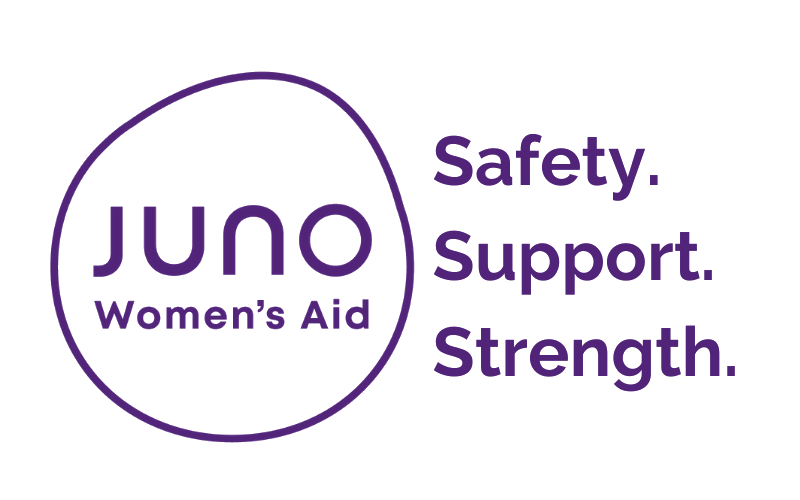About Juno Women's Aid
We run a wide range of services including the 24-hour Nottingham and Nottinghamshire Freephone Domestic and Sexual Violence Helpline. This is where you can speak to one of our specialist trained female support workers 365 days a year.
In 2022-2023, we worked with 2,726 women, 472 children and young people, fostered 56 pets, and received over 15,000 calls on our Helpline.
At any one time, we’re supporting 500-600 women and children in Nottingham and South Nottinghamshire.
We’ve been helping women, children, and teens in Nottingham for over 40 years and we’re passionate about helping anyone affected by domestic abuse to stay as safe as possible and to recover from the harm of domestic abuse.
Our services include:
- Information and support
- Drop-ins and one-to-one support
- Healthy relationship courses and therapeutic groups
- Refuge and emergency accommodation
- Foster care for family pets
- Training for healthcare professionals in domestic abuse awareness
Our purpose
- To support and empower women, children, and teens and to strengthen families
- To raise awareness about domestic abuse and its effects
- To challenge the taboo of silence and misperceptions
- To ensure the provision of specialist services to counteract domestic abuse, run by women for women, teenagers and children
- To change lives
Our vision
In the next 5 years, we will have established a vast network of supporters to help us raise awareness and move our community standards of acceptance to reach tolerance zero towards domestic abuse.
In June 2019 we changed our name from Women’s Aid Integrated Services (WAIS) to Juno Women’s Aid (Juno) to differentiate ourselves from the other Women’s Aid organisations in the area. Juno is a Roman goddess, protector of women and children.
Find out about our services

Our Impact
What is domestic abuse?
Domestic abuse is an incident or pattern of incidents of controlling, coercive, threatening, degrading or violent behaviour, used by one person (perpetrator) to maintain control over another (survivor) in an intimate relationship. This includes sexual violence by a partner, ex-partner, family member or carer, regardless of gender or sexuality.
Domestic abuse can affect anyone, but it disproportionately affects women.
1 in 4 women in the UK will be affected by domestic abuse in their lifetime; 2 women die from domestic abuse-related deaths every week; in 2019, domestic abuse killings reached a 5-year high.
Domestic abuse can include, but is not limited to, the following:
- Coercive control
- Psychological/emotional abuse
- Physical/sexual abuse
- Financial/economical abuse
- Harassment and stalking
- Online/digital abuse








